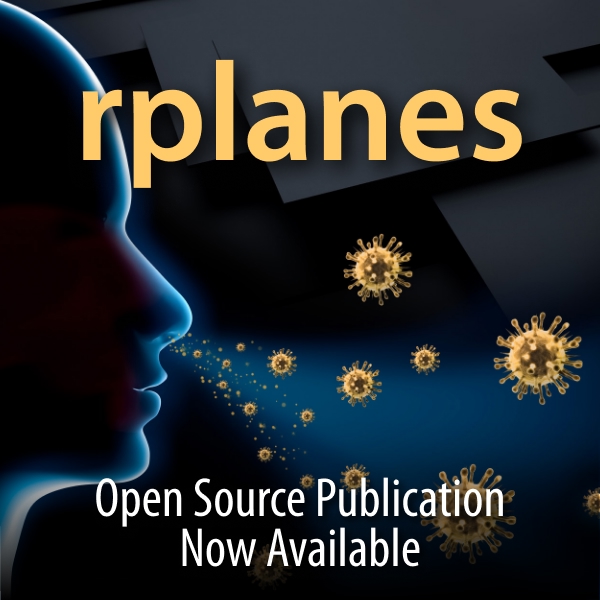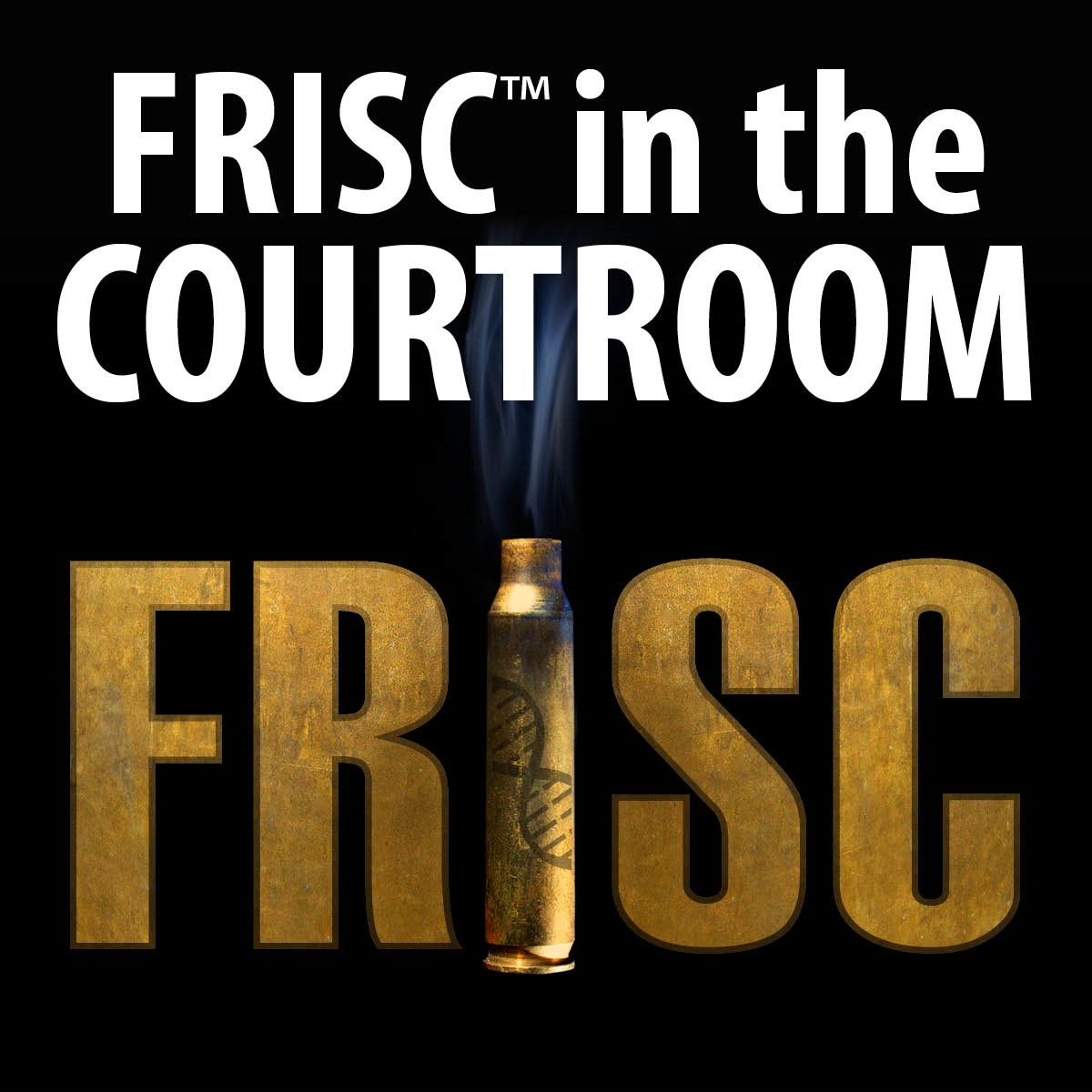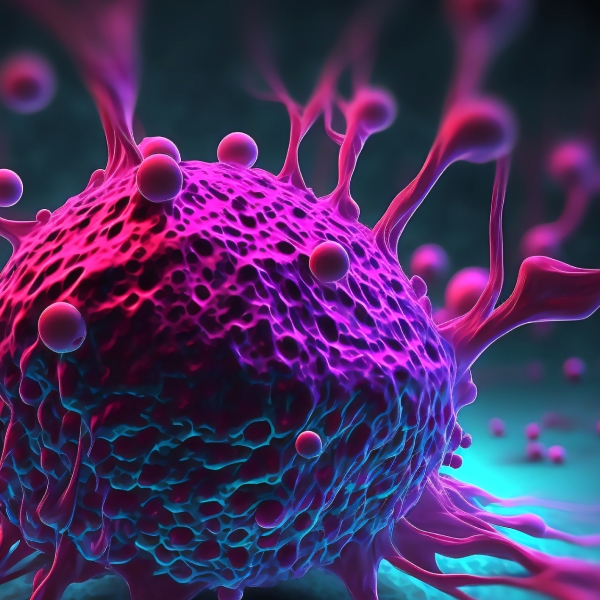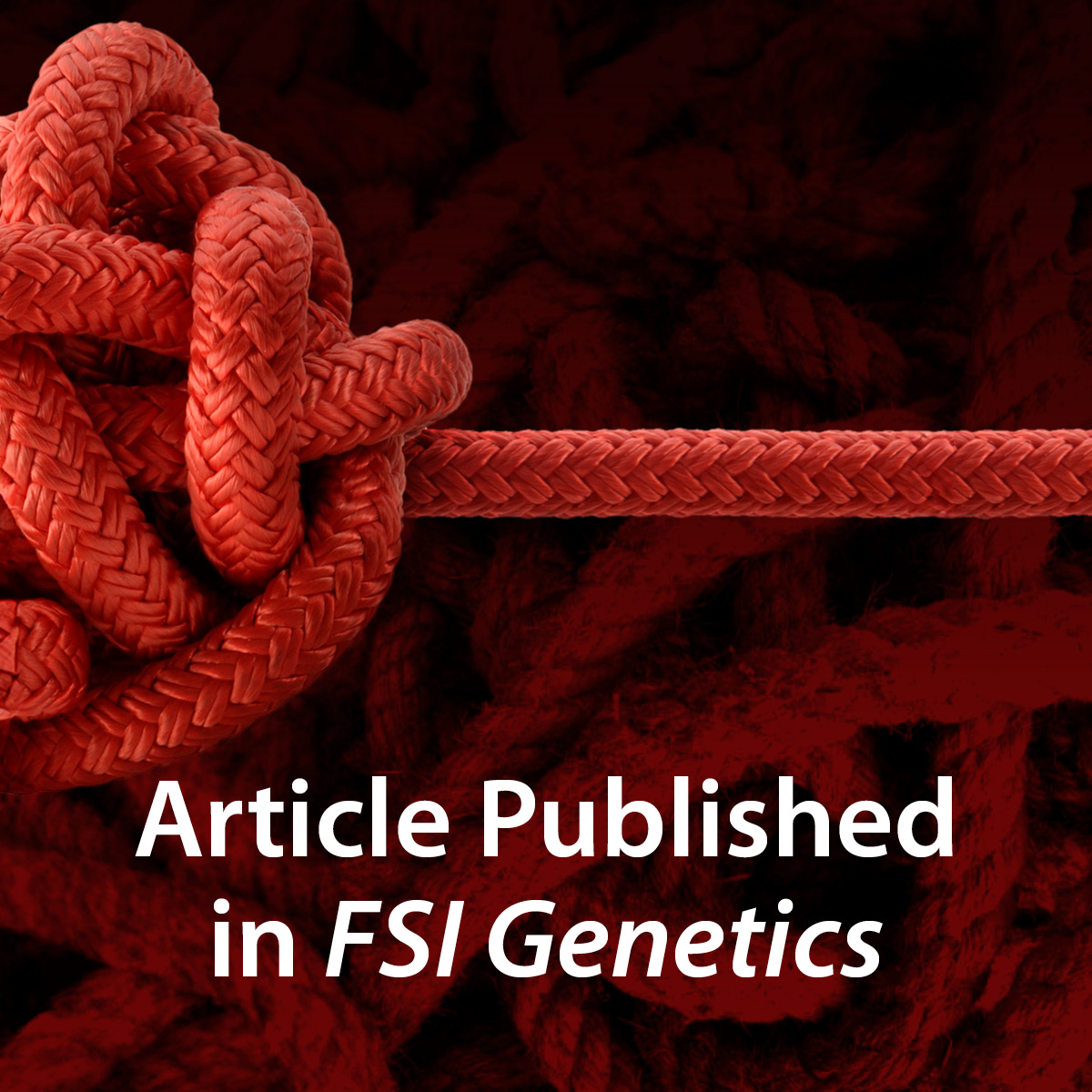
PLANES: Plausibility Analysis of Epidemiological Signals – Published in “PLoS One”
Abstract:Methods for reviewing epidemiological signals are necessary to building and maintaining data-driven public health capabilities. We have developed a novel approach for assessing the plausibility of infectious disease forecasts and surveillance data. The PLANES (PLausibility ANalysis of Epidemiological Signals) methodology is designed to be multi-dimensional and flexible, yielding an overall score based on... MORE








